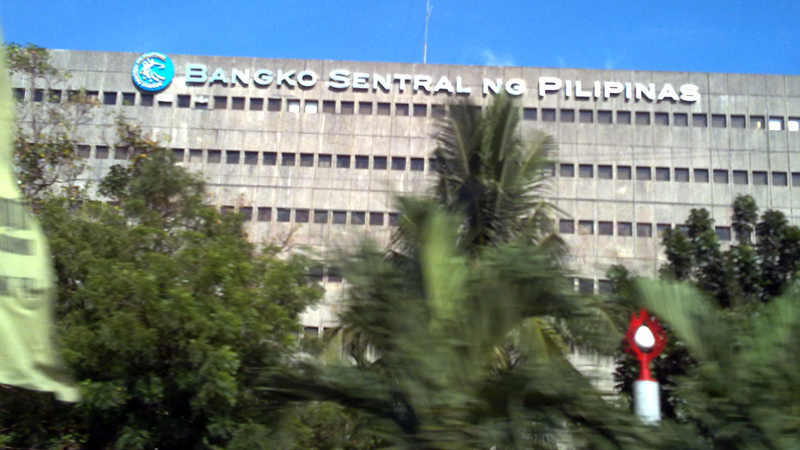Peso among least volatile currencies, BSP data show
Despite external shocks as well as developments here at home said to be souring investor sentiment, the peso remained one of the least volatile currencies against the US dollar in the region, the latest Bangko Sentral ng Pilipinas (BSP) data showed.
As of Sept. 30, the peso’s volatility or the magnitude of fluctuation since the start of the year was 1.21 percent.
Based on BSP data, most other Asian currencies were more volatile against the US dollar: the Japanese yen, 5.46 percent; the Thai baht, 1.3 percent; Indonesian rupiah, 1.94 percent; Malaysian ringgit, 3.03 percent; South Korean won, 3.28 percent; Singapore dollar; 2.1 percent; and New Taiwan dollar, 2.01 percent.
The year-to-date volatility of the Chinese yuan as well as the Indian rupee were less than the peso, at 1.11 percent and 0.86 percent, respectively.
Other major currencies outside Asia also had higher volatility: euro, 1.48 percent; British pound, 4.45 percent; Australian dollar, 3.05 percent; New Zealand dollar, 3.82 percent; Brazilian real, 8.26 percent; Swiss franc, 1.56 percent; Turkish lira, 2.05 percent; and Mexican peso, 3.33 percent.
In a speech before members of the Rotary Club of Makati West last week, BSP Governor Amando M. Tetangco Jr. maintained that “the Philippine macroeconomy remains strong” despite headwinds in the global economy.
“While other emerging markets experience moderation in growth prospects and falter from the tough global headwinds, the engines of the Philippine economy are in good shape to create value,” Tetangco said.
With regards the foreign exchange, Tetangco admitted that the peso “has been under some pressure of late.”
“Pundits attribute this to current events that hog the media. Without doubt, the forex market is driven by sentiment. But negative sentiment towards the regional currencies, including the peso, has really also been largely affected by the market views on the actions of the advanced economies’ central banks, especially the Fed, so externally induced,” Tetangco said.
The BSP chief added that it was “difficult to precisely dissect how much of the forex movements is due to the global environment and how much is idiosyncratic.”
“Nevertheless, the BSP policy on the exchange rate remains the same. As we have said in the past, we will allow the exchange rate to be broadly determined by the market, but we will step in when, in our view, the moves are excessive. Markets must remember that the country’s underlying fundamentals are sound, and therefore it would serve market players well, if they do not allow themselves to be driven by sentiment alone,” according to Tetangco.















